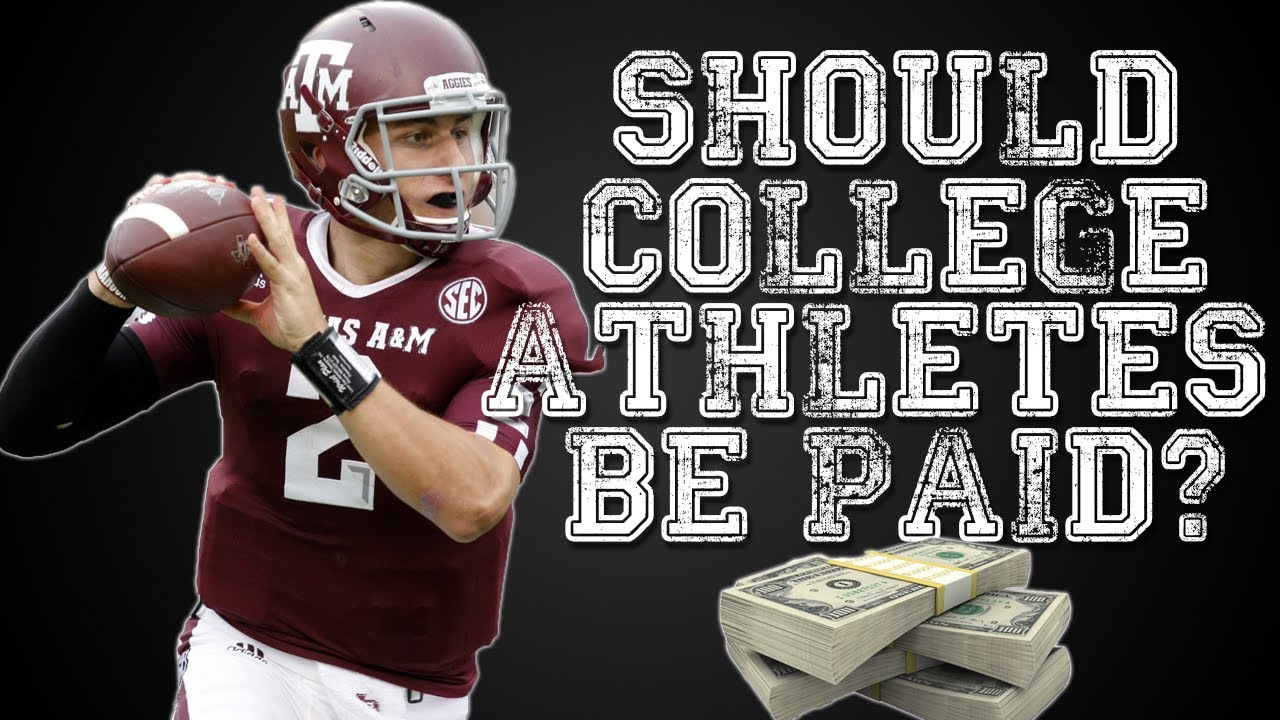A proposed bill in California that would allow college athletes to sign sponsorship deals and receive other compensation passed another legislative stage, inching closer to Governor Gavin Newsom’s desk.
On Tuesday, Senate Bill 206 or The Fair Pay to Play Act, introduced by State Sen. Nancy Skinner (D-Berkeley) in February, received an 11-0 vote by the State Assembly Higher Education Committee, the Desert Sun reported. The bill is now pending approval from the Assembly Appropriations Committee.
The bill would allow college athletes from 24 public and private colleges and universities that participate in Division 1 sports to receive payments directly from a private or commercial source for their name, image, and likeness. It would also prohibit colleges from revoking scholarships from athletes who are paid for such considerations.
“I ask you to imagine if any other billion dollar industry relied on college students as their primary source of talent for the revenue of their industry yet denied those students compensation,” Skinner said during Tuesday’s vote.
The bill prohibits colleges from enforcing National Collegiate Athletic Association (NCAA) rules that prevent student-athletes from earning compensation, as well as prohibits the NCAA from banning California schools from intercollegiate sports if their athletes sign sponsorship deals.
That’s why I support the Fair Pay to Play Act introduced by @NancySkinnerCA. It’s not about whether we play players or not. It’s about how much we care and respect their person. It’s about the ongoing historic fight for basic civil liberties.
— russ (@RussellOkung) July 13, 2019
In May, NCAA president Mark Emmert wrote a letter to California legislators seeking a delay in the vote, claiming that provisions within the proposed legislation violate its bylaws and would bar the commonwealth’s colleges from participation in NCAA sponsored events if the bill is passed by the state assembly.
“NCAA rules disproportionately harm students from low-income families. And they’re particularly unfair to female athletes, because for many young women, college is the only time they could earn income, since women have fewer professional sports opportunities than men,” Skinner said in May after the bill was approved by the state senate.
The bill also allows universities to opt out of the act, a move that could make them less competitive during athlete recruitment processes.
Athletes in Revenue Generating Sports Lack Access to Academic Support



